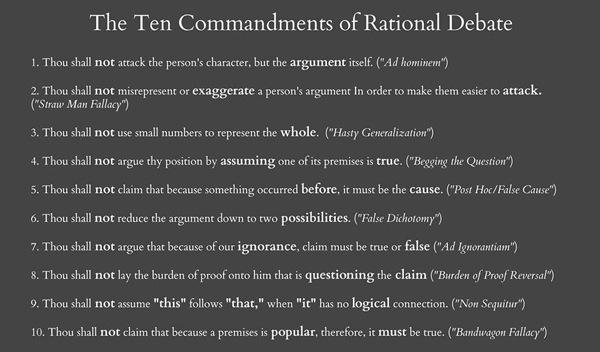Wow! You have twisted scripture around so much I don't know what to say except 2Peter 3:16.OzSpen said:I most certainly am not cherry picking verses. I'm trying to be an honest exegete who sees apparent contradictions in Scripture and make an honest attempt to harmonise them. God is not the God of contradiction. He is the God of truth (Deut 32:4; Ps 57:10; 86:15; Is 55:8; Heb 6:18).
Now to the verses you raise:
1 Cor. 14:33-35 (ESV)
These verses state, 'For God is not a God of confusion but of peace. As in all the churches of the saints, the women should keep silent in the churches. For they are not permitted to speak, but should be in submission, as the Law also says. If there is anything they desire to learn, let them ask their husbands at home. For it is shameful for a woman to speak in church'.
So women in Corinth 'should keep silent.... They are not permitted to speak', says 1 Cor 14:33-35.
However, God’s Word states that women can speak in the church — they can pray and prophesy according to I Cor. 11:5 (NIV), 'But every wife who prays or prophesies with her head uncovered dishonors her head — it is the same as if her head were shaven'. Here a woman in the church is able to pray and prophesy. The head covering is another issue, but not considered here as it is not relevant to the primary topic of the validity or otherwise of women in public ministry.
It is possible to pray without opening the mouth, but I do not know how a woman can prophesy in the church gathering with her mouth closed.
We know what is involved in praying, but what does the Scripture mean when it says that a woman is able to prophesy? Surely that can’t be done through silence!
Gordon Fee, a contemporary Bible scholar and exegete, states that
Therefore, we can conclude that for women to prophesy, it meant that they gave an oral message in a church gathering. They could not prophesy and remain silent at the same time.
1 Timothy 3:12
The ESV translation reads, 'Let deacons each be the husband of one wife, managing their children and their own households well' ?
How does the NIV translate it, 'A deacon must be faithful to his wife and must manage his children and his household well'? For the ESV translation, 'husband of one wife', we have at least 4 possibilities as to its meaning:
1. The deacon needs to be married to a woman (wife);
2. It prohibits polygamy;
3. Marital fidelity between husband and wife.
4. It prohibits second marriages.
This is the parallel qualification to bishops (1 Tim 3:2).
Why the divergence in translations for 1 Tim 3:12? The ESV is a formal equivalence translation, which is an attempt at word-for-word. The NIV is a dynamic equivalence translation, which is meaning-for-meaning. So the translators of the NIV were of the understanding that the meaning of 'husband of one wife' was to 'be faithful to his wife'.
However, we need to ask the other question: Since a married deacon needs to be faithful to his wife, are there examples of female deacons in the NT? See the articles:
Notes
- John MacArthur, 'Was Phoebe a deaconess?' (Rom 16:1);
- 'Can women serve as deacons in the church?' (GotQuestions).While the answer to the question is not definitive, it does seem that there were females in the NT church who had the ministry of serving, which is like that of deaconesses.
[1] Fee (1987:505-506).
[2] Fee (1987:595).
Works consulted
Fee, G D, 1987. The First Epistle to the Corinthians (The New International Commentary on the New Testament, F. F. Bruce, (gen.ed.). Grand Rapids, Michigan: William B. Eerdmans Publishing Company.
Can we START with the first fallacy you put forth about the paintings in the Catacombs of Priscilla when you used Aisha Taylor as a source. How about providing a reliable source and information that has been known for a LONG time instead of what you provided?
http://honorsaharchive.blogspot.com/2008/07/early-christian-imagery-in-catacombs-of.html
https://www.khanacademy.org/humanities/medieval-world/early-christian1/v/catacomb-priscilla#!
The Khan Academy link is a video. You can fast forward to about the 8:13 mark or just watch the entire video and learn something. In the other link look for the word "Orant". Since you have a PhD I don't need to define that word for you.
Looking forward to hearing from you....Respectfully....Tom55



